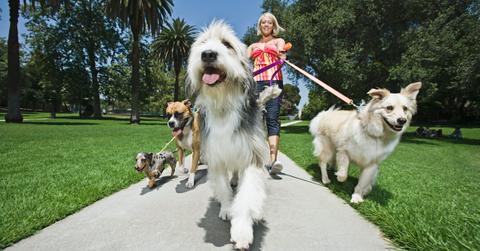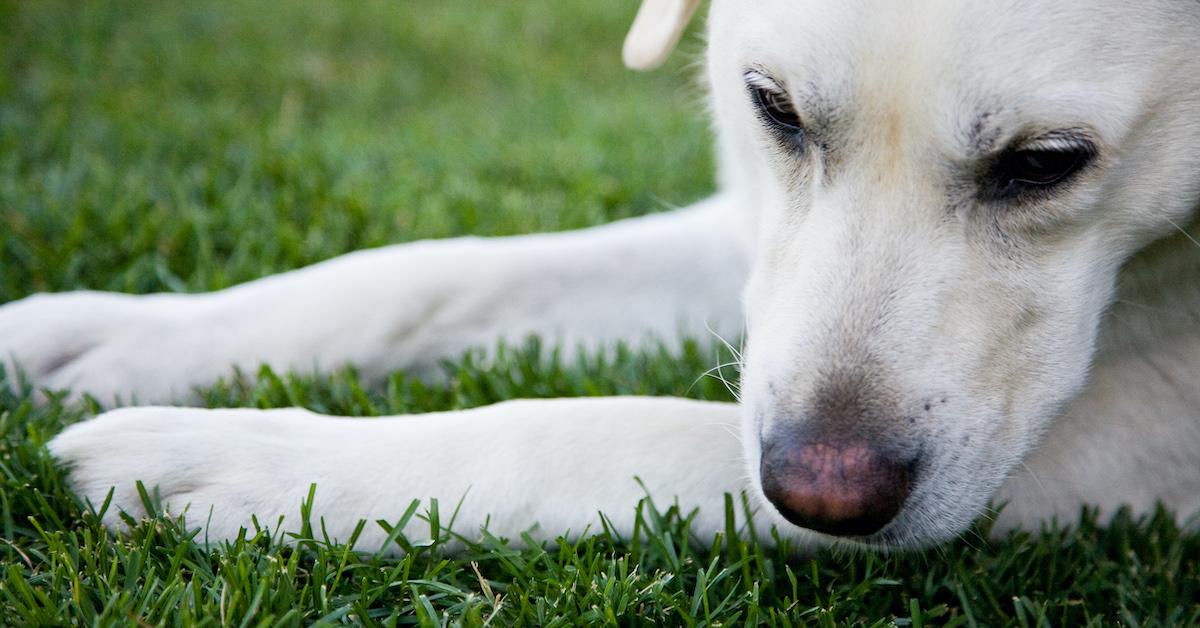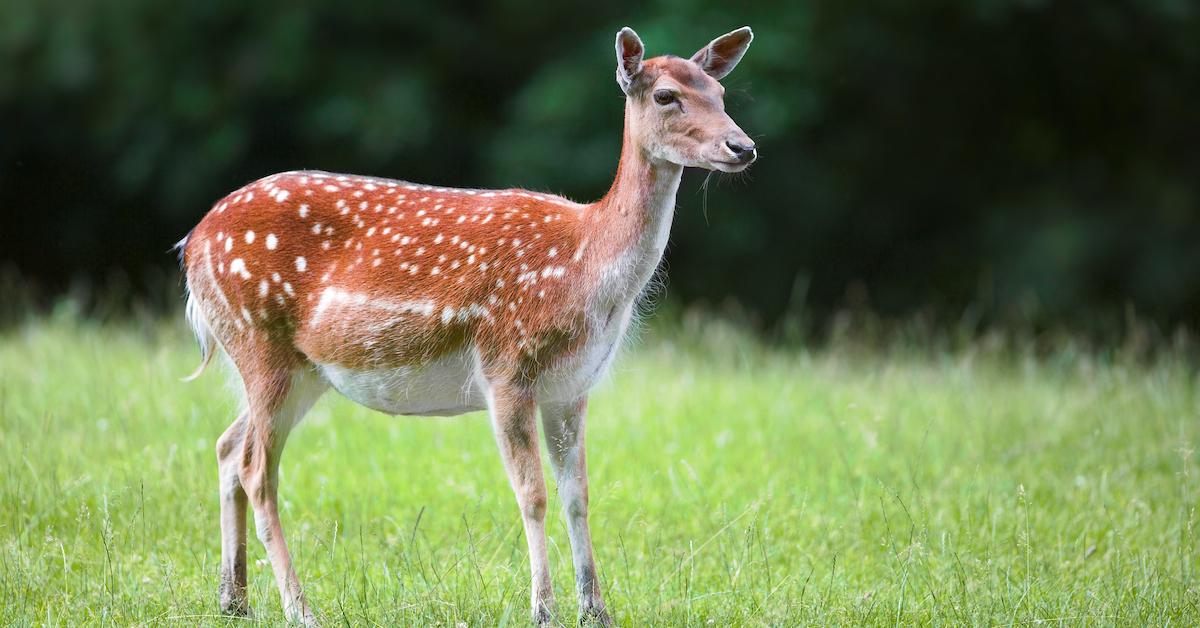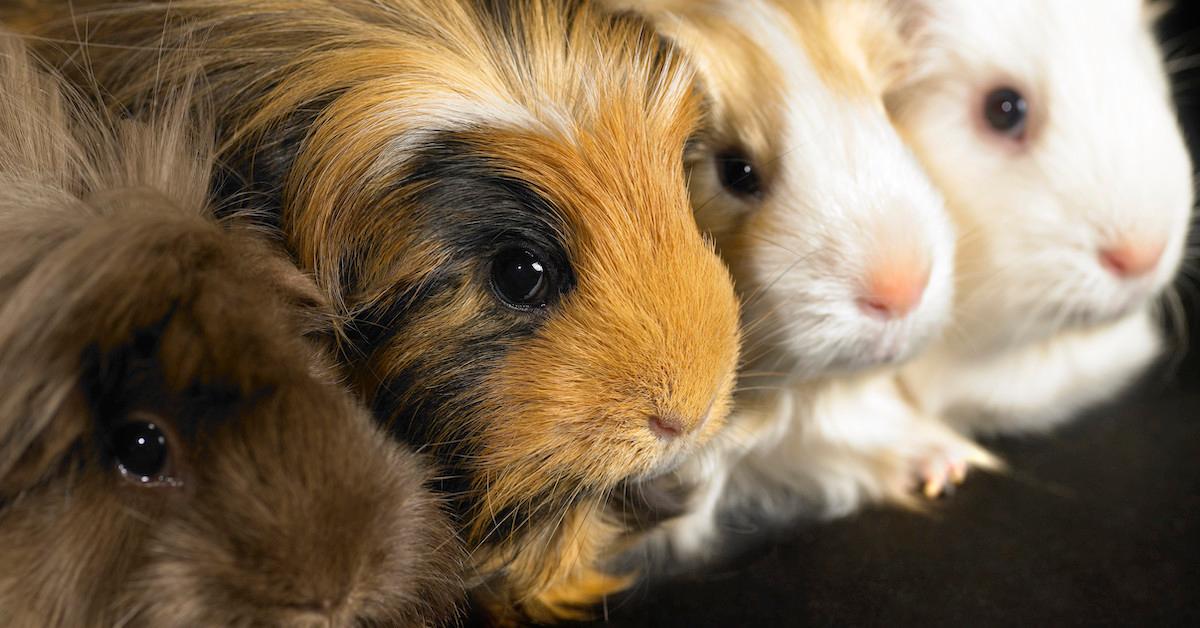Domesticated and Wild Animals, Regardless of Size, Are Affected by Heat Waves, Study Finds
Updated Feb. 14 2022, 10:39 a.m. ET

Americans have transitioned from worrying about COVID to grappling with going heat waves. Triple digit temperatures during the summer have become a norm nationwide. It puts those experiencing homelessness, and anyone without access to air conditioning, at risk of experiencing heat-related illnesses, and it endangers both pets and wildlife. Yes, animals are adversely affected by the nationwide heat waves, too, and a recent study shows small animals are affected, too.
Luckily, though, you can do your part to help the animals, especially when temperatures start to heat up.
"Just like us, animals need to stay hydrated and need to find shelter so they can stay out of the scorching heat and sun," wild animal welfare manager of British Columbia's SPCA, Andrea Wallace, told Vancouver Is Awesome. "There's lots people can do in their own yards."

How are pets affected by heat waves?
An influx of dogs in Washington state, where the heat waves are especially brutal right now, have been experiencing heat strokes, veterinarian Dr. Kristen Davignon told K5. And sadly, flat-nosed dogs, such as bulldogs, pugs, and boxers, struggle the most — Davignon said they were receiving at least one dead dog upon arrival every hour.
"It was just kind of horrifying to have them come in, clearly past the point of us being able to help them," she told K5.
Dogs and cats can also overheat and sunburn. And if walking on a hot surface like pavement or sidewalks, dogs' paws can get burned and even blister. So it's important to keep your pets cool and hydrated during this time — take them on short walks, limit outdoor exercise, don't leave pets in cars, and if they're experiencing heatstroke (symptoms include heavy panting, agitation, rapid pulse, vomiting) take them to a cool place and apply cool water to their head, neck, and chest.
If you're a homeowner or landlord, consider leaving a bowl of water outside your property for passing pups. Also remember to spread the word — remind your pet parent friends that their furry friends are especially at-risk right now, and if you see a pet in a car, call authorities immediately.

Wild animals are affected by heat waves, too.
Wild animals aren't as lucky as our beloved pets, who have access to AC, or an abundance of water. Sadly, deer, birds, squirrels, and other undomesticated wildlife are struggling to survive amid these hot days. The resulting droughts also often leave them with limited access to water. That said, it's up to us to help, and luckily, there are a few things you can do to do your part.
Vancouver Is Awesome recommends putting a bird bath outside your home, to allow animals to stay hydrated, and birds and bees to drink water and cool off, as long as you place a few stones in there to help them land. Creating shady spaces in your yard is also helpful — plant some trees or tall plants, to create a space for them to cool off.

And despite popular belief, experts now say smaller animals are at risk, too.
A study conducted by researchers in the U.K., at Nottingham Trent University, shows that dogs aren't the only pets at risk of heatstroke during a heat wave. According to The Guardian, small animals like cats, guinea pigs, ferrets, and rabbits are vulnerable, too. Because rodents are often confined to their housing, they can't seek out shady areas to cool down. Cats also trap themselves in sheds or greenhouses, while looking for somewhere comfortable to sleep.
The study looked at U.K. vet patients seen from 2013, showing that dogs are most affected by heat-related health issues. But after that, cats and rodents are at high risk, too.
That said, look out for your furry friends, especially as heat waves become more of an issue as the climate crisis rages on.
Green Matters’ new book, Green Living, is the perfect guide to living an eco-friendly lifestyle for people at every stage of the process. You can order Green Living here.